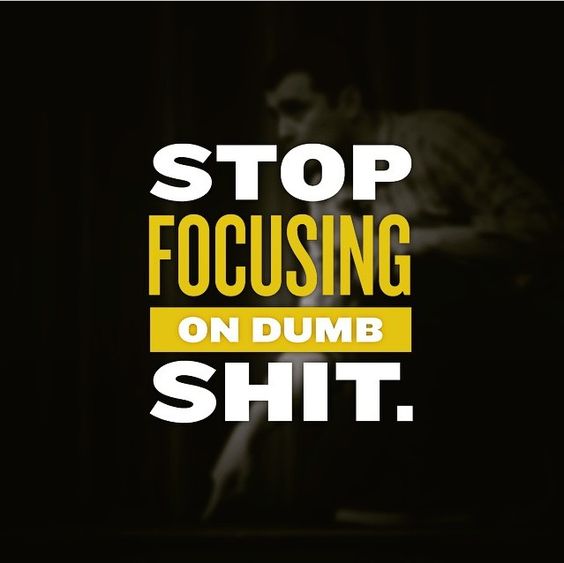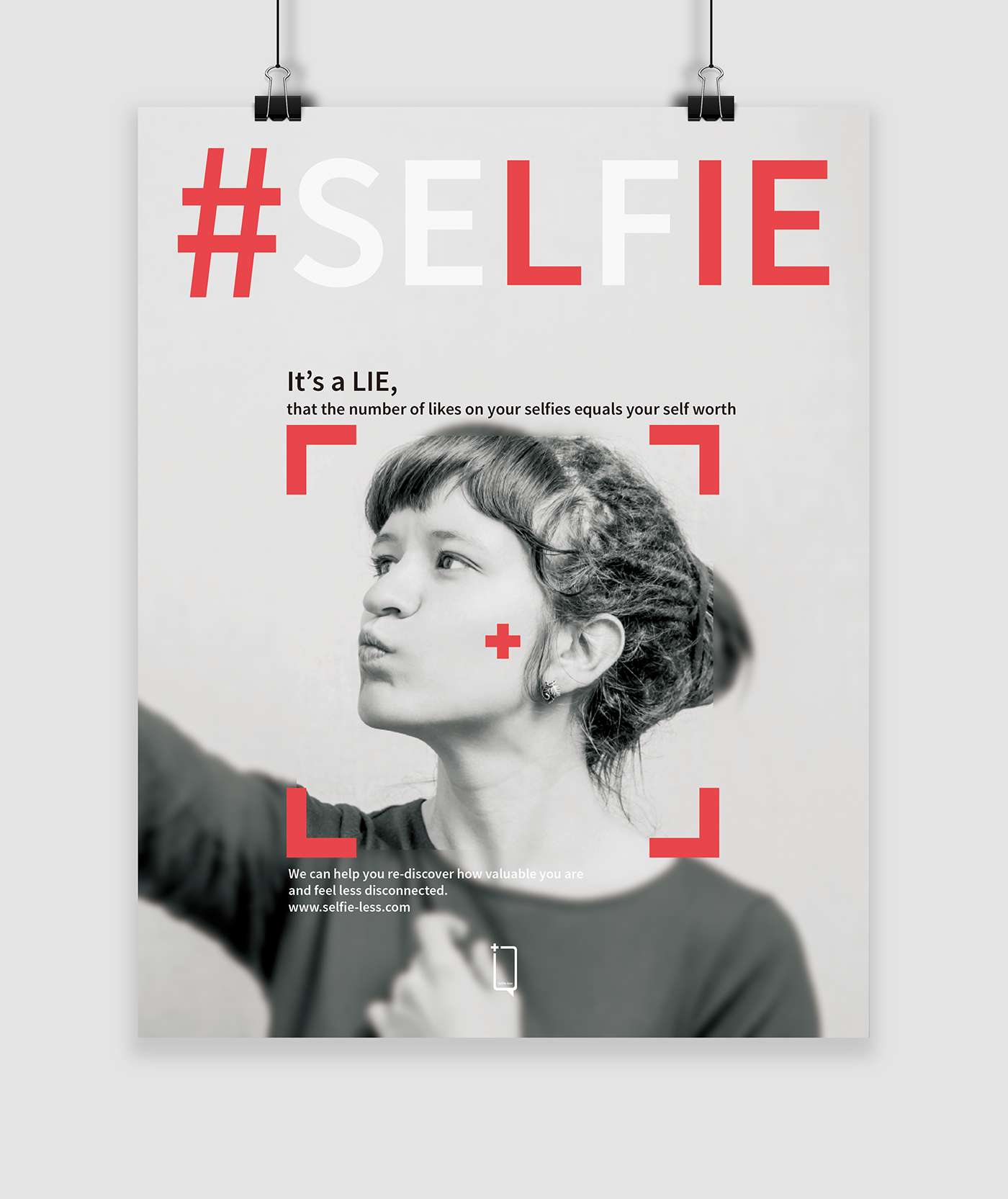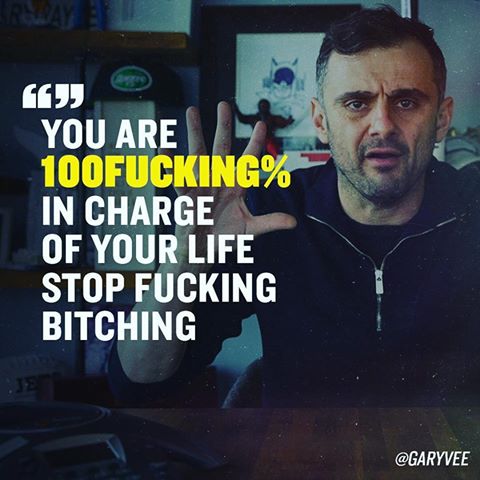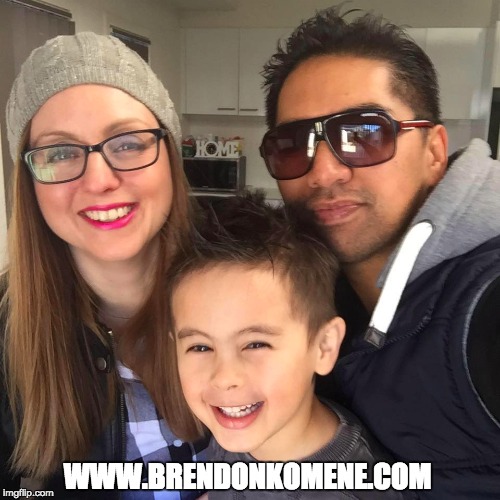
At one time or another, we’ve all been guilty of caring too much about what other people might think. We hesitate to be innovative, creative, or to speak up because no one wants to be told that his ideas suck, or her plan was just a big mistake. Or, we might even play that role for ourselves, turning down a challenge or selling our own ideas short because we worried they wouldn’t work.
Is it the “fear of failure” that holds us back and keeps us small, or the “fear of criticism.” So, how can you stop caring what other people think?
The first step is to remember that if many people have felt this way and still achieved great things, that they’ve faced their fear of failure—and judgment—and won. Successful risk takers manage to keep criticism from holding them back.
If you want to go from being that person who’s scared to say anything in meetings to the person who confidentially speaks up, look no further than these four successful individuals who already learned how to do that.
1. Ask Yourself: “What If I Do Nothing?”
Marie Forleo, host of Marie TV, American life coach, and entrepreneur says that when an opportunity arises to do something new or outside of our comfort zone, the most helpful thing to do is to to think about the worst-case scenarios. In other words, before you hold yourself back because there’s a possibility of failure, ask yourself “What’s the worst thing that can happen…” Is there a possibility you’ll fall flat on your face by going for something new and challenging? Sure, but what if you don’t say anything?
Write a list of all the things that could possibly happen if you said yes to taking on this scary opportunity. Include all of the worries about criticism you might get from this decision. Next to that list, make another one with all the things that will (and won’t!) happen if you decide to play it safe and keep your ideas and plans hidden from the world. Compare each list and decide which path you’d rather take.
2. Remember That Your Work Doesn’t Define You
Rohan Gunatillake of Mindfulness Everywhere (the company responsible for the popular app buddhify), says that we have a bad habit of letting our work define us—so a lack of success on the job makes us feel bad about ourselves.
In his 99U talk, Rohan explains that the cure is “decoupling self and work.” He uses mindfulness phrases—statements you choose to read out loud, reflect on, and notice how they make you feel—to achieve this.
He invites you to repeat phrases: “I am not my Twitter bio,” “I am not my resume,” “I am not my company,” and “I am not my work.” Then tune in to yourself to see how these statements make you feel.
He states that practicing this technique helps you to start separating self and work, in turn helping to defuse that pain that comes if you mess up on the job. If you’re “not your work” then even if you dropped the ball in the office—which happens to us all—you don’t have to carry it with you and feel bad about yourself. Working backwards means it’s OK to take on that big, scary project, because if it doesn’t work out, that doesn’t mean you personally failed. Remembering that you’re more than your job will help you get out of your own way.
What to Get a Mom-To-Be for Valentine’s Day
PEECHAYA BURROUGHS FOR TIME
ADVICE
How to Stop Caring About What Other People Think
By Simran Takhar/The Muse
Oct. 24, 2016
Don’t let a little criticism hold you back
the-muse-logo
At one time or another, we’ve all been guilty of caring too much about what other people might think. We hesitate to be innovative, creative, or to speak up because no one wants to be told that his ideas suck, or her plan was just a big mistake. Or, we might even play that role for ourselves, turning down a challenge or selling our own ideas short because we worried they wouldn’t work.
Best-selling author Seth Godin argues that it isn’t the “fear of failure” that holds us back and keeps us small, rather it is the “fear of criticism.” So, how can you stop caring what other people think?
The Muse: 4 Questions Successful People Always Ask Themselves
The first step is to remember that if many people have felt this way and still achieved great things, that they’ve faced their fear of failure—and judgment—and won. Successful risk takers manage to keep criticism from holding them back.
If you want to go from being that person who’s scared to say anything in meetings to the person who confidentially speaks up, look no further than these four successful individuals who already learned how to do that.
1. Ask Yourself: “What If I Do Nothing?”
Marie Forleo, host of Marie TV, American life coach, and entrepreneur says that when an opportunity arises to do something new or outside of our comfort zone, the most helpful thing to do is to to think about the worst-case scenarios. In other words, before you hold yourself back because there’s a possibility of failure, ask yourself “What’s the worst thing that can happen…” Is there a possibility you’ll fall flat on your face by going for something new and challenging? Sure, but what if you don’t say anything?
Write a list of all the things that could possibly happen if you said yes to taking on this scary opportunity. Include all of the worries about criticism you might get from this decision. Next to that list, make another one with all the things that will (and won’t!) happen if you decide to play it safe and keep your ideas and plans hidden from the world. Compare each list and decide which path you’d rather take.
The Muse: 6 Important Questions Every Hard Worker Needs to Ask Themselves Today
2. Remember That Your Work Doesn’t Define You
Rohan Gunatillake of Mindfulness Everywhere (the company responsible for the popular app buddhify), says that we have a bad habit of letting our work define us—so a lack of success on the job makes us feel bad about ourselves.
In his 99U talk, Rohan explains that the cure is “decoupling self and work.” He uses mindfulness phrases—statements you choose to read out loud, reflect on, and notice how they make you feel—to achieve this.
He invites you to repeat phrases: “I am not my Twitter bio,” “I am not my resume,” “I am not my company,” and “I am not my work.” Then tune in to yourself to see how these statements make you feel.
He states that practicing this technique helps you to start separating self and work, in turn helping to defuse that pain that comes if you mess up on the job. If you’re “not your work” then even if you dropped the ball in the office—which happens to us all—you don’t have to carry it with you and feel bad about yourself. Working backwards means it’s OK to take on that big, scary project, because if it doesn’t work out, that doesn’t mean you personally failed. Remembering that you’re more than your job will help you get out of your own way.
3. Don’t Let Others Get You Down
Silencing your inner critic is only step one. That’s because you have to be prepared for others to judge you, too.
Brené Brown, a best-selling author on vulnerability whose TED Talk is one of the top five most viewed TED Talks in the world says that “not caring what people think is its own kind of hustle.”
In a speech for 99U, she shared a quote from Theodore Roosevelt that changed the way she thought about criticism for good:
It is not the critic who counts; not the man who points out how the strong man stumbles, or where the doer of deeds could have done them better. The credit belongs to the man who is actually in the arena, whose face is marred by dust and sweat and blood…who at the best knows in the end the triumph of high achievement, and who at the worst, if he fails, at least fails while daring greatly.
This quote made way for a new approach to feedback: Brown decided that if the person critiquing her isn’t also out in the “arena,” putting himself on the line, but just criticizing her, she wasn’t going to worry about what he said. However, she doesn’t do this by wholly ignoring the other person. Rather she takes an approach of saying “I see you, I hear you, but I’m gonna show up and do this anyway.”
You don’t have to pretend people who disagree with you don’t exist; you just have to decide that you’re going to follow your plan anyhow. (After all, you’ve already decided that action will be better than inaction, and that even if you miss the mark, it won’t define you.)
4. Embrace Judgment
Seth Godin, whom I mentioned earlier, is an entrepreneur and best-selling author of 18 books that have been translated into 35 different languages. He says that there are “only two choices” in life: being criticized or “being ignored.”
You get to choose. But if you’re holding yourself back because you fear judgment ask yourself this:
If I get criticized for this, will I suffer any measurable impacts? Will I lose my job, get hit upside the head with a softball bat or lose important friendships? If the only side effect of the criticism is that you will feel bad about the criticism, then you have to compare that bad feeling with the benefits you’ll get from actually doing something worth doing. Being remarkable is exciting, fun, profitable and great for your career. Feeling bad wears off. And then, once you’ve compared the two, and you’ve sold yourself on taking the remarkable path, answer this one.
How can I create something that critics will criticize?
If you stop viewing feedback as a sign that you did something wrong, and instead see it as a sign you did something notable, it’s suddenly not so scary. In fact, it becomes a badge of honor that you did something worth other people taking the time to comment on.
It’s natural to doubt yourself or let others harsh words stay top of mind. But, if you practice these mindset shifts, you’ll be able overcome your fear of failure and achieve what you’d set out to.






